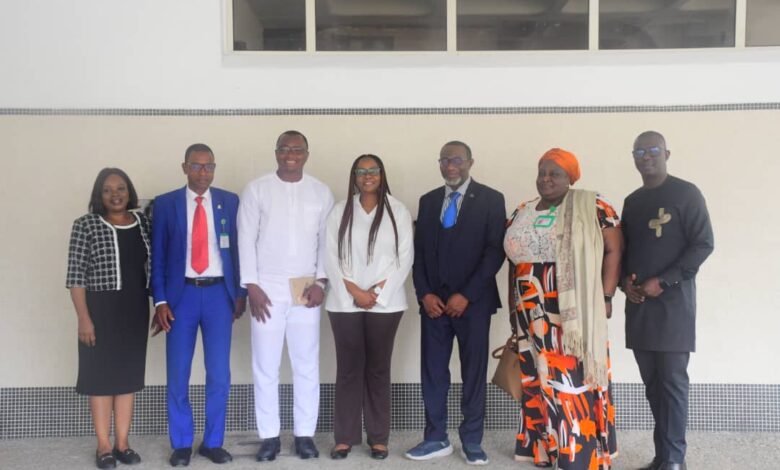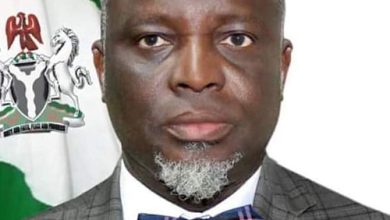YABATECH Seeks Ford Foundation Support for Proposed Girl-Child Enterprise and Innovation Hubs

By DAYO ADESULU
The Yaba College of Technology (YABATECH) is actively pursuing support and funding from the Ford Foundation for its proposed girl-child enterprise and innovation hubs. This initiative aims to empower young Nigerian women to achieve self-employment and foster sustainable skills development.
Dr. Engr. Ibraheem Abdul, the Rector of YABATECH, made this announcement during a meeting with Ford Foundation executives, including Dr. Catherine Chinendum Aniagolu, Regional Director for West Africa, held at the Foundation’s office in Ikoyi, Lagos.
Dr. Abdul emphasized the institution’s commitment to addressing the gender gap by equipping young women with technical skills and entrepreneurship training that transcend theoretical knowledge. He stated, “Our goal is to cultivate a culture of self-reliance among these young women by providing them with practical entrepreneurship experience. We aim to establish innovation hubs within the college, leveraging our ample space, and we seek your support to make this vision a reality.”
He further added, “Our responsibility is to prepare these women for the future, ensuring they are equipped with both theoretical and practical knowledge to thrive in their respective fields.”
In response, Dr. Catherine Aniagolu commended YABATECH for its significant contributions to technical and vocational education, as well as its efforts in promoting skills acquisition among young women in the arts and other professions. She encouraged Nigerian institutions to focus on resource mobilization to gain international recognition and to position themselves among globally esteemed educational institutions. This, she noted, would facilitate access to various grants and support within the global research community.
Dr. Aniagolu asserted that specialization in education would enhance global recognition and create opportunities for partnerships and support.
Caption: A cross view of Yaba College of Technology and Ford Foundation teams during a business meeting at the Foundation’s office at Ikoyi, Lagos with its Regional Director, Dr. Catherine Aniagolu at the middle flanked on the right by the Rector, Yabatech, Dr. Engr Ibraheem Abdul.





